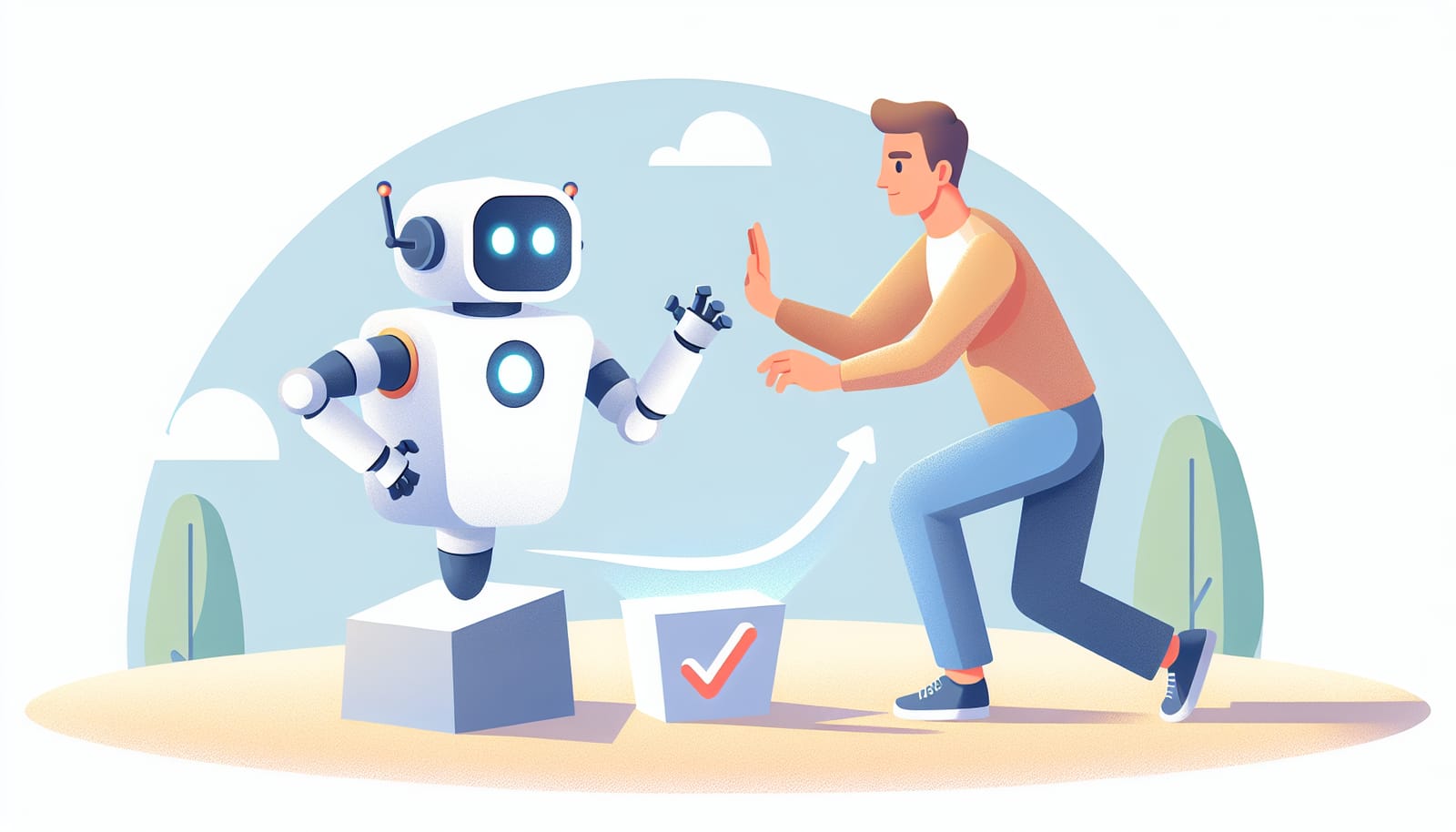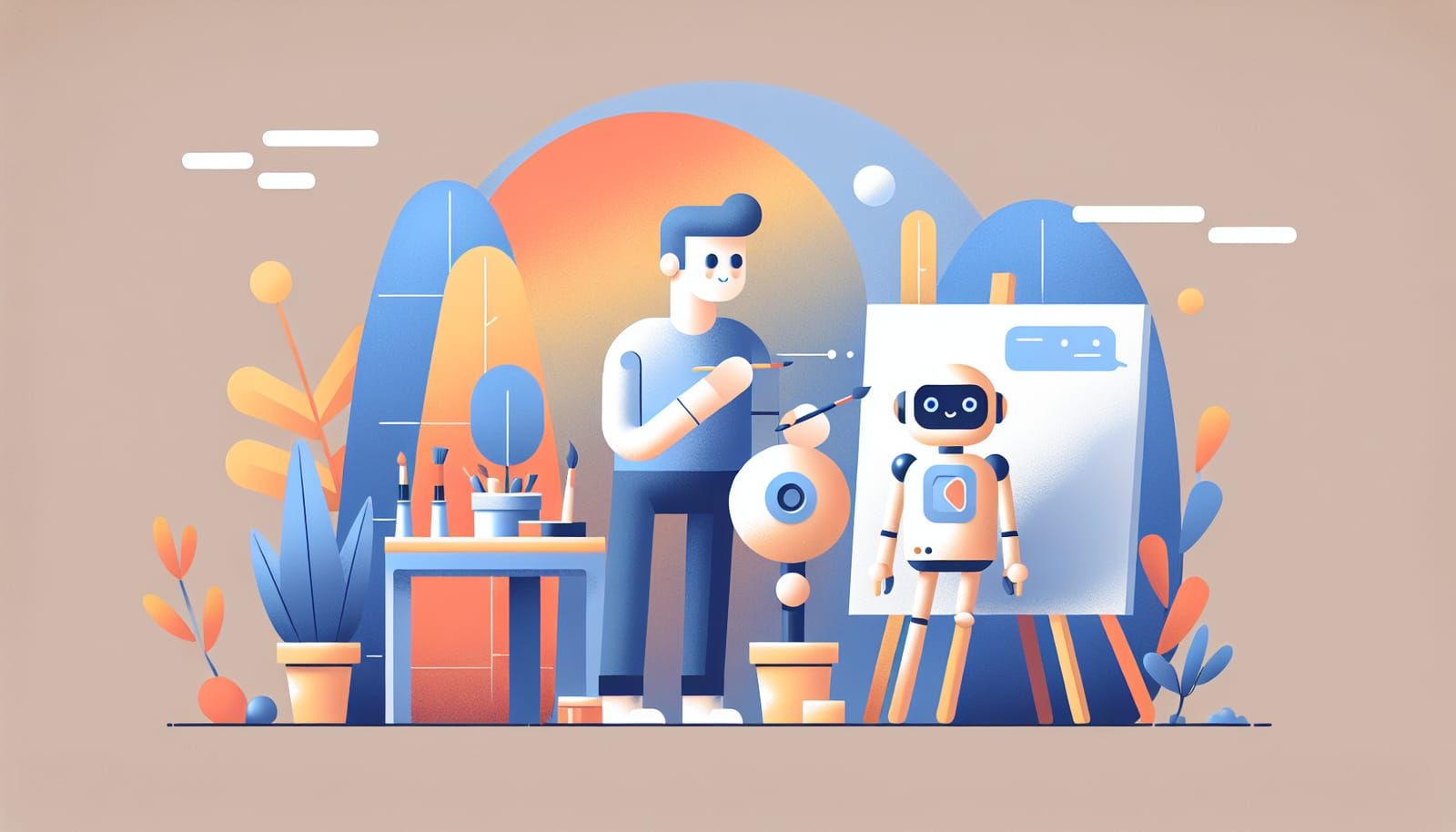Imagine walking into a room filled with people, and every person you meet has a different way of introducing themselves. Some might tell you about their favorite hobbies, while others share their dreams for the future. In a world increasingly driven by technology, artificial intelligence (AI) can also become a part of who we are—our identity. But how can this happen? Let’s explore this fascinating topic together!
What Is AI?
Artificial Intelligence, or AI, refers to the ability of machines and computer programs to perform tasks that typically require human intelligence. This includes learning, reasoning, problem-solving, understanding language, and recognizing patterns. In simple terms, AI is like a smart friend who can help us with various tasks or answer our questions.
Imagine having a helpful robot that can remind you of your homework or even suggest what to wear based on the weather! AI makes this possible by analyzing data and learning from it. For instance, when you search for a movie recommendation online, AI looks at your preferences and suggests films you might like.
How AI Can Shape Your Identity
AI can influence our identity in various ways. One way is through personalization—creating a unique experience tailored just for you. Think about your favorite streaming service. When you watch a few shows, it starts suggesting similar ones based on what you like. This is AI at work, helping to shape your viewing preferences and, in a way, reflecting your identity through your choices.
Additionally, AI can help us express ourselves better. For instance, many people use AI-powered apps for photo editing or design, allowing them to create stunning visuals that showcase their personality. This creative expression becomes a part of who we are, and AI can enhance that experience.
AI in Social Media
Social media platforms are another area where AI plays a significant role. Algorithms powered by AI determine what content appears on your feed. These algorithms analyze your interactions—what you like, share, or comment on—to curate posts that align with your interests.
This means that your social media experience is uniquely yours, influenced by your preferences and interactions. However, it also raises questions about how much of our identity is shaped by algorithms. Are we presenting our true selves, or are we adapting to what the AI suggests?
AI and Personal Development
AI can also be a powerful ally in personal development. Imagine having a virtual coach that helps you set and achieve your goals! There are AI applications designed to help you learn new skills, improve productivity, or even manage your mental health. For instance, some AI chatbots provide emotional support, offering a safe space to express feelings and gain insights.
By using AI in this way, we can take charge of our growth and self-discovery. This, in turn, becomes a part of our identity as we evolve and strive to be better versions of ourselves.
The Ethics of AI in Identity
As AI becomes more integrated into our lives, it’s essential to consider the ethical implications. For example, how much personal data are we willing to share for AI to understand us better? Privacy is a significant concern, and it's crucial to remain aware of how our information is used.
Moreover, AI can inadvertently reinforce biases. If an AI system is trained on biased data, it could lead to unfair outcomes. Understanding these challenges is vital to ensure that AI serves us positively and ethically.
The Future of AI and Identity
Looking ahead, the relationship between AI and our identities will likely deepen. As technology continues to advance, we may see even more personalized experiences that resonate with who we are. Imagine a world where AI can help us discover new passions or connect with like-minded individuals based on our interests!
However, with this exciting future comes responsibility. We need to ensure that AI is used to enhance our identities without compromising our values or privacy. By being mindful of how we interact with AI, we can create a future that celebrates our individuality while harnessing the power of technology.
Conclusion: Embracing AI as Part of Our Identity
In conclusion, AI has the potential to become an integral part of our identity. From shaping our preferences and enhancing our creativity to supporting personal development, AI can help us understand and express who we are. However, it’s essential to approach this relationship with caution, ensuring that we prioritize ethics and privacy.
As we continue to explore the world of AI, let’s embrace its possibilities while remaining true to ourselves. By doing so, we can create a future where technology and identity coexist harmoniously, allowing us to thrive as individuals in an ever-evolving world. So, the next time you interact with an AI, remember—it’s not just a tool; it could very well be a part of your identity!


